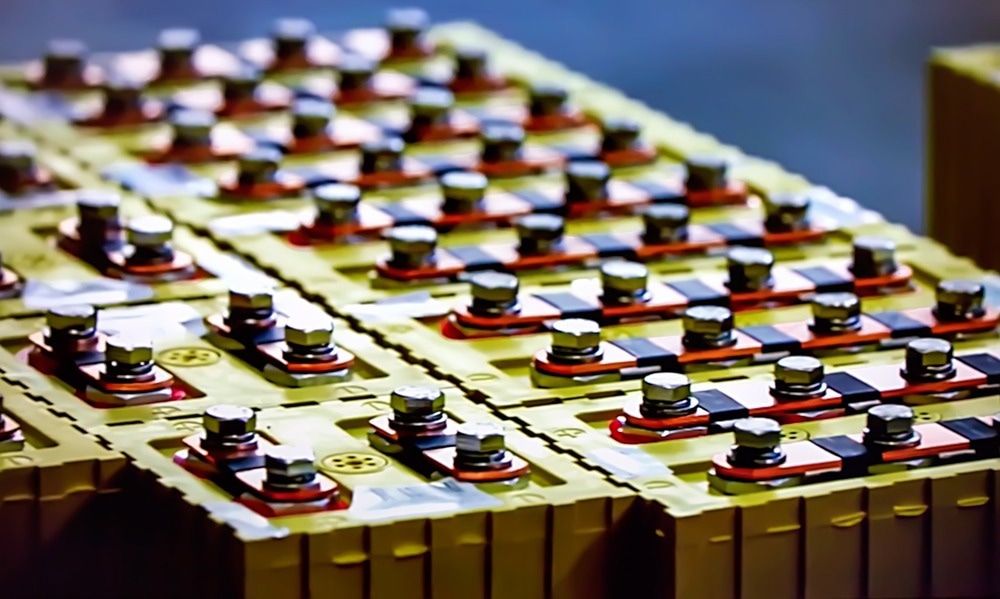Scientists at the University of Surrey are developing an AI-driven public database to streamline lithium-metal battery (LMB) research, focusing on optimizing liquid electrolyte design.

Image Credit: Fishman64/Shutterstock.com
The battery electrolyte research field is inundated with hundreds of publications each week, resulting in fragmented datasets, inconsistent reporting practices, and a lack of standardized performance metrics.
This project is designed to streamline the vast body of scientific literature on lithium-metal batteries (LMBs). Specifically, it concentrates on advancing the design of liquid electrolytes—an essential element in LMB development.
The newly established UK research hub, AIchemy, has granted £25,000 to the project to revolutionize the chemistry-AI interface and overcome critical challenges in the field.
Lithium-metal batteries hold enormous potential for energy storage, but their commercial viability is limited by poor cycle life and unwanted side reactions between lithium metal and liquid electrolytes. Currently, researchers rely on trial-and-error methods due to the sheer number of possible electrolyte formulations. We hope to change that by extracting and standardizing data, allowing for more efficient and targeted research.
Dr. Neubi Xavier, Research Fellow, University of Surrey
The group plans to employ large language models (LLMs), machine learning, and computational simulations to analyze existing data, uncover knowledge gaps, and develop an AI-driven, high-throughput database that will be a crucial resource for researchers across various scientific fields.
Without a breakthrough in energy storage, our own technological progress is held back. That’s why we want this ‘computation-ready’ cloud database to be publicly available and free to access worldwide, creating a systematic, data-driven approach to electrolyte discovery. This will not only drive forward breakthroughs in battery innovation but also set new standards for reporting and collaboration in battery science.
Dr. Matthias Golomb, Project Co-Lead and Research Fellow, University of Surrey
Lithium-metal batteries provide greater energy density than conventional lithium-ion batteries, positioning them as a promising choice for electric vehicles and energy grid storage. Nonetheless, progress in electrolyte design is essential to making LMBs a viable and scalable energy solution.